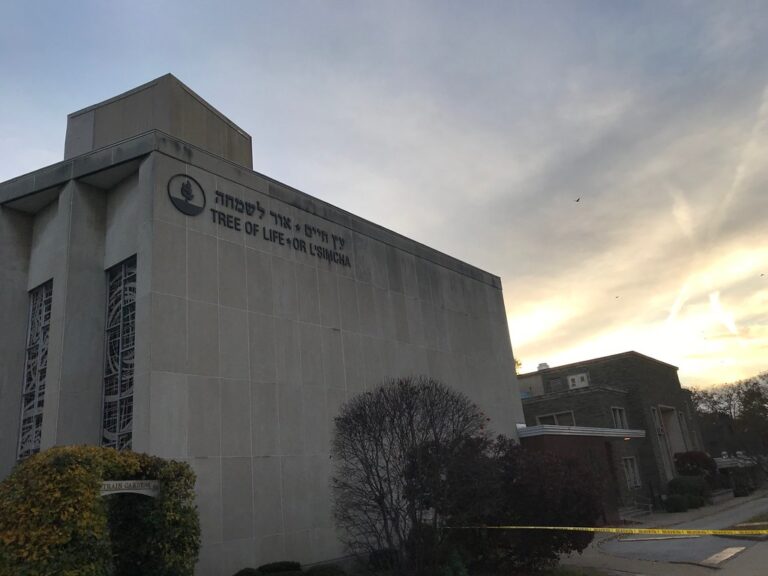
For Jewish Americans, and Jews around the world, the deadliest attack on the Jewish community in US history is cause for us to consider the question:
Who was right, Theodor Herzl or Ze’ev Jabotinsky?
The two leading early Zionists offered contrasting perspectives on the relationship between anti-Semitism and Zionism. Herzl believed Zionism would solve the “Jewish Question,” and that having a sovereign state would eliminate anti-Semitism altogether, arguing that “Anti-Semites will become our surest friends.” Zionism would allow for acceptance and an end of the “exile from humanity.” Jabotinsky did not think anti-Semitism would ever vanish, and he believed the goal of Zionism would be to protect the Jewish people from anti-Semitism.
Ultimately, these two perspectives became one of the primary foundational disputes between them. Would Zionism cure the world of anti-Semitism, or would Zionism shield the world from anti-Semitism?
A century after this intellectual debate, and two days removed from the heinous and cowardly anti-Semitic act in Pittsburgh, which left 11 families without their loved ones and millions around the world asking how this could happen in 2018, it pains me to say that in this disagreement, history has proven Jabotinsky right.
What now?
Rabbi Joseph B. Soloveitchik famously distinguishes between fate and destiny. Fate, Rabbi Soloveitchik says, is an existence of compulsion. The fated existence is passive, and humans are treated as objects. Destiny, however, is a life of choice and action; humans are the subjects in this story. The Jewish approach, says Rabbi Soloveitchik, is to transition from a fated life to a destined life. Instead of evil happening to us, our life of destiny asks us what we do with the immense challenges, pain and suffering thrown our way. The question is not Lamah, or Why? but L’mah, What now?
In 1945, this is the question the Jewish people were compelled to solve.
In 1948, we responded by declaring a state of our own, Israel.
Instead of using this tragedy as an opportunity to leverage political perspectives, be extra present for your students this week, and instead of telling them what they should do in response to the Pittsburgh massacre, perhaps ask them what they can do to transfer this from an existential question of “Why?” to a challenge of “What now?”
In 2018, we are still beckoned to respond to the challenge of L’mah.
Originally Published Oct 29, 2018 11:45PM EDT
